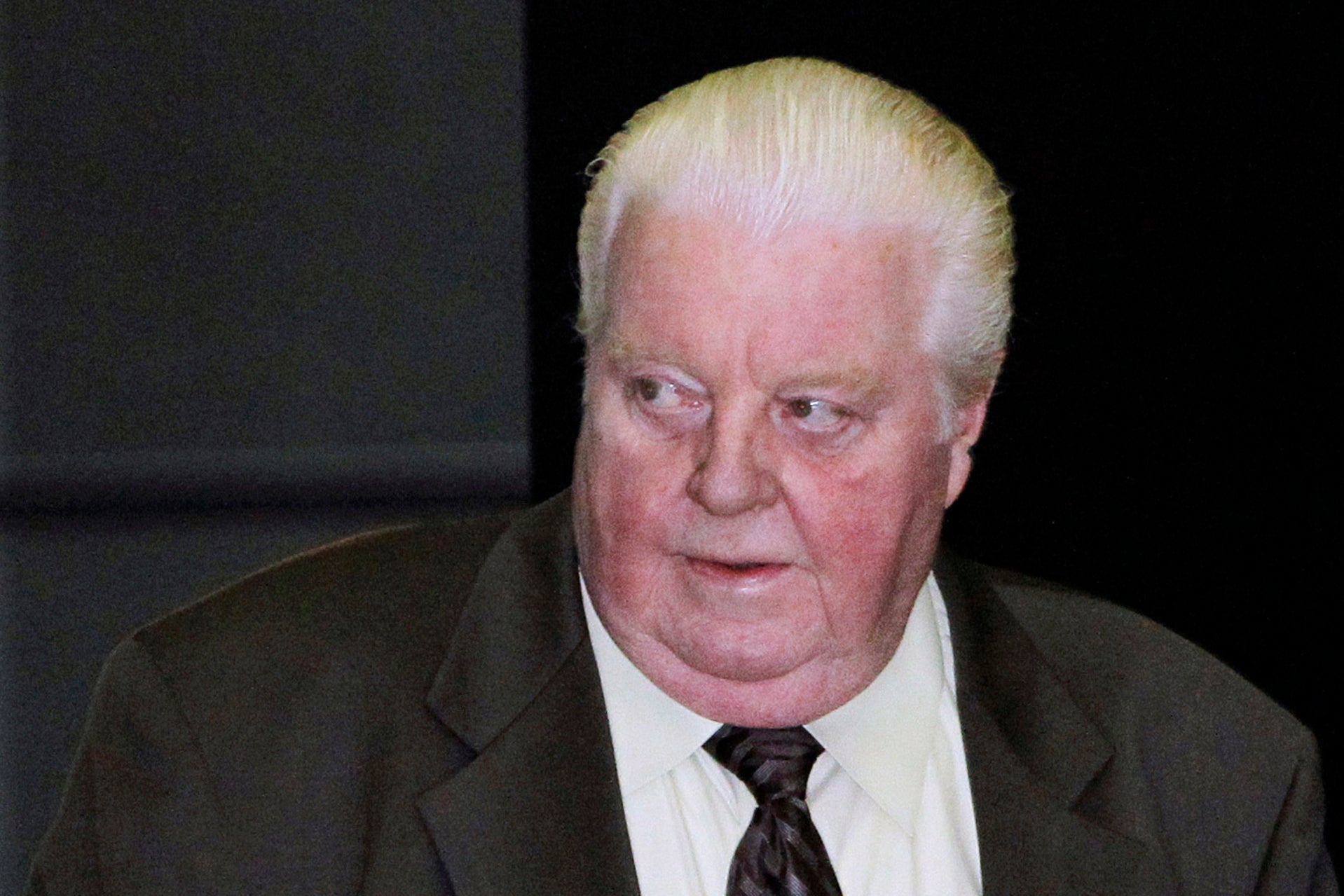Filing: Chicago 'two-faced' on acknowledging police abuse
Community leaders say the city of Chicago pursues a “two-faced” strategy of acknowledging an ugly history of police brutality in public while directing its lawyers to deny that legacy in court when victims sue

Your support helps us to tell the story
From reproductive rights to climate change to Big Tech, The Independent is on the ground when the story is developing. Whether it's investigating the financials of Elon Musk's pro-Trump PAC or producing our latest documentary, 'The A Word', which shines a light on the American women fighting for reproductive rights, we know how important it is to parse out the facts from the messaging.
At such a critical moment in US history, we need reporters on the ground. Your donation allows us to keep sending journalists to speak to both sides of the story.
The Independent is trusted by Americans across the entire political spectrum. And unlike many other quality news outlets, we choose not to lock Americans out of our reporting and analysis with paywalls. We believe quality journalism should be available to everyone, paid for by those who can afford it.
Your support makes all the difference.The city of Chicago pursues a “two-faced” strategy of acknowledging an ugly history of police brutality in public while directing its lawyers to deny that legacy in court when victims sue, community leaders alleged in a court filing Thursday.
The filing in Chicago’s U.S. District Court on behalf of nearly 50 civic, business and religious leaders says the approach delays just payouts and costs the city tens of millions in legal fees that could otherwise go to social programs or reducing taxes.
The filing is in a lawsuit by 55-year-old James Gibson, freed after 29 years when courts agreed officers under police commander Jon Burge tortured him into implicating himself in the 1989 slayings of two men. Gibson was later granted a certificate of innocence.
Former Chicago Mayor Rahm Emanuel and his successor, current Mayor Lori Lightfoot, are among those who have spoken publicly about how, between 1972 and 1991, Burge’s crew sought confessions from at least 100 African Americans, using electric shocks to their genitals, suffocating them with typewriter covers and shoving guns in their mouths.
A police accountability task force chaired by Lightfoot before she became mayor released a report in 2016 in which it catalogued those and other torture methods by Burge and his subordinates.
“The City’s two-faced approach of admitting Burge’s long practice of torture publicly, but then denying the existence of that same pattern when confronted with civil rights claims of Burge’s victims, serves no one,” the filing says.
The filing says Chicago has spent over $200 million in taxpayer money to hire private law firms to fight such claims “while innocent victims like Mr. Gibson are forced … to prove a pattern that City leaders have admitted to and even apologized for publicly.”
“This litigation gamesmanship steals precious time from innocent people like Mr. Gibson, who have already lost decades of their lives to Burge’s torture machine,” the filing, submitted by Washington, D.C.-based attorney Jeetander T. Dulani, says.
The filing, a friend of the court brief from parties not directly involved in the case, asks U.S. District Judge Sara Ellis to grant Gibson’s motion to declare a pattern and practice of police abuse linked to Burge a proven fact. That could relieve Gibson and others from having to spend money and time, sometimes years, repeatedly proving such a pattern in court. Determining the amount of compensation figure could still be litigated.
A message seeking comment from the city’s law department on Thursday wasn’t immediately returned. JEllis earlier gave the city until June 17 to respond to Gibson’s motion. She said she would rule on Nov. 1.
“If the City is allowed to continue denying Burge’s pattern of torture in court while ignoring its public admissions about that same pattern, police abuse will continue,” the filing says. It adds: “The City’s public apologies for the two-decade pattern of torture by Jon Burge and his henchman are meaningless if the City continues to deny that same pattern in court.”
Burge was fired in 1993 after it was determined he tortured a murder suspect. He was sentenced to prison in 2011 for lying in a civil case about his actions. It was too late to charge him criminally on the torture charges. Burge spent 4½ years in prison and on home confinement before dying in 2018 at age 70.